Finance
AfDB worries over Nigeria’s high rate of debt servicing


African Development Bank in its West Africa Economic Outlook 2019 reported that Nigeria’s external debt servicing gulps about 50 per cent of the its revenue.
According to AfDB, the average revenue spent by West African countries on external debt servicing is 17 per cent while Nigeria spends about 50 per cent revenue on external debt servicing.
It added that with the increasing domestic debt burden, the percentage of revenues spent on debt servicing in Nigeria was even higher.
According to the development bank, Nigeria’s debt to Gross Domestic Product remaind low even though the country’s debt burden had increased by as much as 128 per cent in the last eight years,
The low debt-to-GDP ratio notwithstanding, it added, the problem with the nation’s increasing debt burden was the high proportion of revenue spent on debt servicing.
It said, “Cape Verde had the highest external debt-to-GDP ratio in 2018, an estimated 103 per cent, followed by Senegal, Niger, and Sierra Leone. Liberia had the highest rate of debt accumulation between 2010 and 2018, at 329 percent, followed by Nigeria at 128 percent.
“Despite the increase, Nigeria still has one of the lowest external debt-to-GDP ratios, at 15.2 per cent. Benin, Guinea-Bissau and Togo also have a ratio below 25 per cent.
“The rapid increase in external indebtedness remains a challenge, especially given the shift toward non-concessional external debt. Debt service payments have also increased since 2010 and are projected to remain high in the medium term.”
The bank added, “The increase has heightened the fiscal burden in an already fiscally and growth-constrained environment. This raises important concerns regarding the sustainability of external debt. West African countries spend an average of 17 percent of revenue on servicing external debt.
“In Nigeria, about half of the revenue is used to service external debt. The increasing domestic debt burden means that the total proportion of the revenue spent on servicing debt is even higher. In a country where only six per cent of GDP is collected in revenue, the high burden of debt service is a major concern.
“Ghana falls into a similar category, with debt service accounting for 40 percent of revenue. The rising debt burden drove up to the proportion of revenue allocated to servicing external debt to about 500 per cent. This is a country once hailed as an example of a state with a strong commitment to structural and macroeconomic reforms in the post-Heavy Indebted Poor Countries debt relief initiative.”
According to AfDB, the authorities in Ghana and Nigeria recognise the potential risk of rising unproductive debt to growth and to the economy more generally. In both cases, it said, the debt service burden was projected to decline.
The AfDB said for countries moving from low-income status to middle-income status such as Nigeria, the possibility of accessing concessional debt or increasing the proportion of grants appeared remote.
Their strategy should, therefore, be to contract debt of longer maturities and favourable terms, including longer grace periods that coincided with the gestation of the projects that the debt financed, the AfDB said.
This would ensure that debt was self-financing and allowed countries to avoid a debt overhang, it added.
Finance
Banks To Now Charge 0.5% Cybersecurity Levy As Directed By CBN; Netizens React
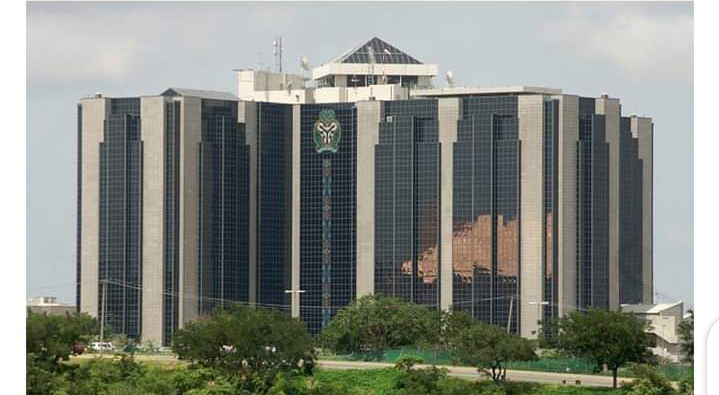

The Central Bank of Nigeria (CBN) has directed deposit money banks in the country to start charging 0.5% cybersecurity levy on some transactions done by their customers.
The apex bank gave the directive in a circular dated May 6, 2024 and sent to all commercial, merchant, non-interest and payment service banks as well as mobile money operators and payment service providers.
“Following the enactment of the Cybercrime (Prohibition, Prevention, etc) (amendment) Act 2024 and pursuant to the provision of Section 44 (2) (a) of the Act, ‘a levy of 0.5% (0.005) equivalent to a half percent of all electronic transactions value by the business specified in the Second Schedule of the Act’, is to be remitted to the National Cybersecurity Fund (NCF), which shall be administered by the Office of the National Security Adviser (ONSA),” the circular partly read.
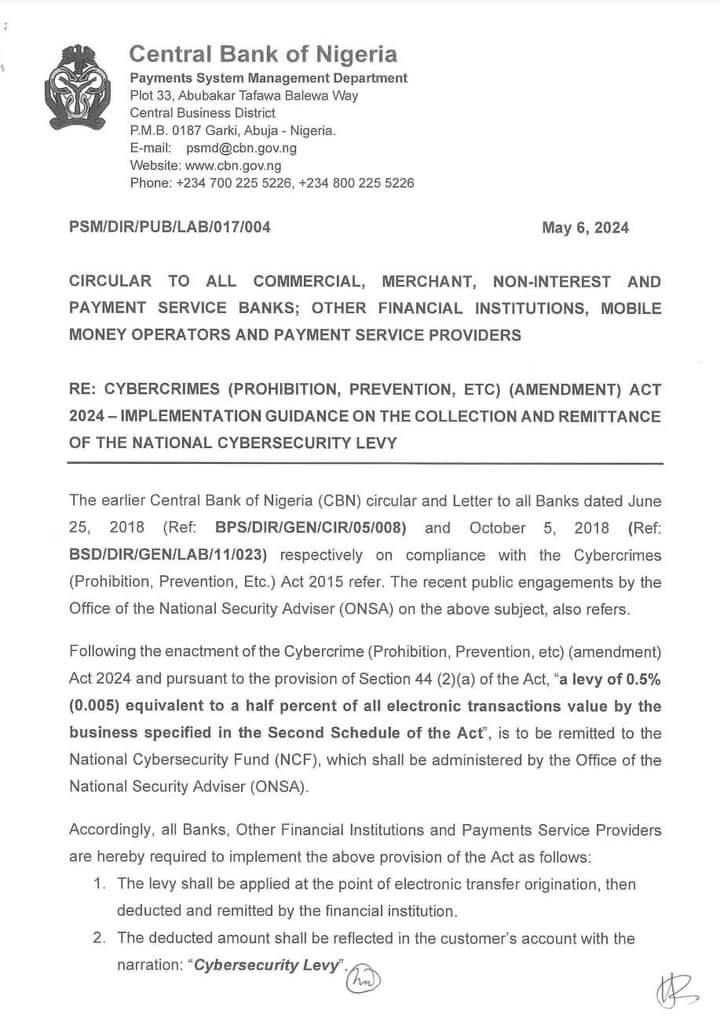

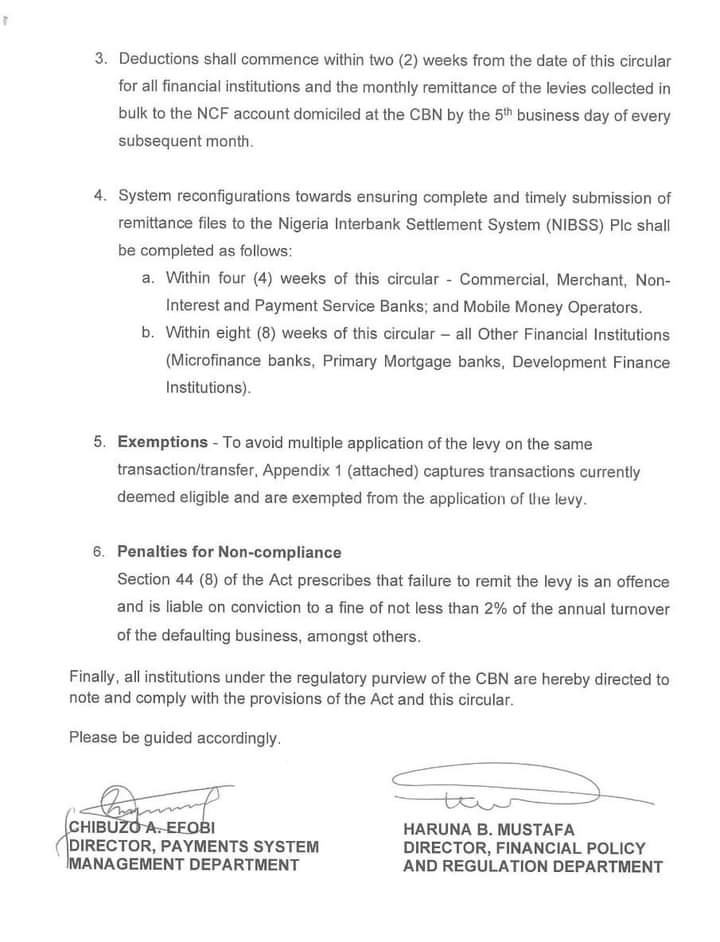

The apex bank said that the implementation of the levy would start two weeks from the date of the circular.
“The levy shall be applied at the point of electronic transfer origination, then deducted and remitted by the financial institution. The deducted amount shall be reflected in the customer’s account with the narration, ‘Cybersecurity Levy’. Deductions shall commence within two weeks from the date of this circular for all financial institutions and the monthly remittance of the levies collected in bulk to the NCF account domiciled at the CBN by the fifth business day of every subsequent month,” the circular said
The apex bank added that this new levy will not be applied on transactions such as loan disbursements and repayments, salary payments, intra-account transfers within the same bank or between different banks for the same customer, intra-bank transfers between customers of the same bank.
Also exempted from the levy were inter-branch transfers within a bank, cheque clearing and settlements, Letters of Credits, Banks’ recapitalisation-related funding only bulk funds movement from collection accounts, savings and deposits including transactions involving long-term investments, among others.
This current implementation however is not sitting well with some netizens as they reacted to the new development.
Here were some of their reactions from X.
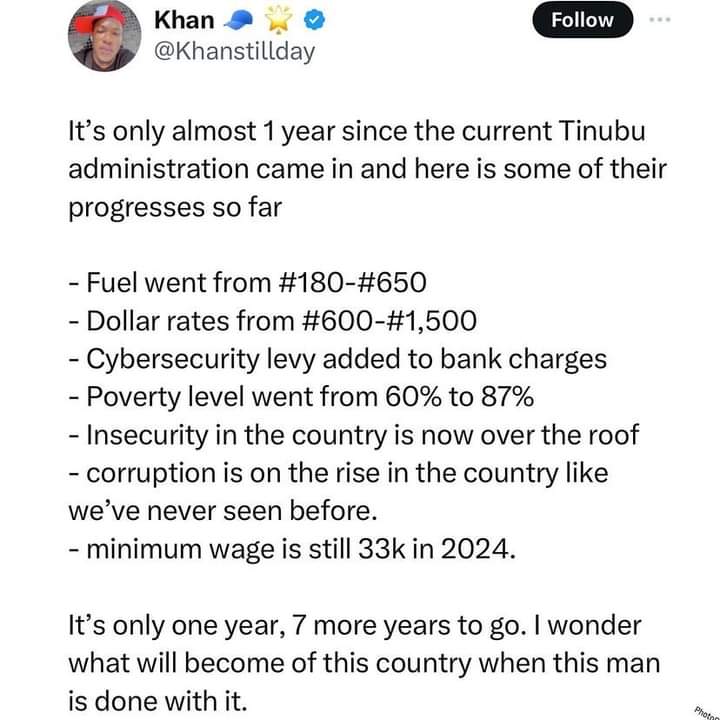





Finance
EFCC Chairman Tasks Nigerian Youths Against Crimes And Fraudulent Acts
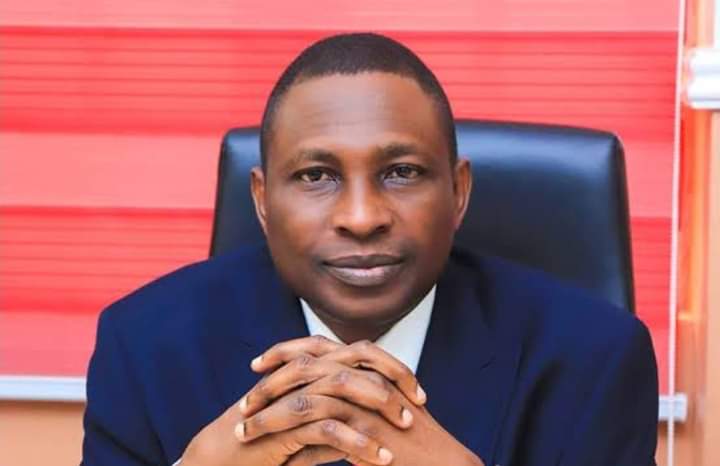

The Chairman of Economic Finance Crime Commission (EFCC), Ola Olukoyede, has stressed the need for Nigerian Youth to see themselves as agents of positive change that have a lot to contribute to the socioeconomic development of the Nation.
Speaking at the 2nd edition of a Leadership Trainings Programme in Abuja, Olukoyede, who was represented by the Head Enlightenment and Re-orientation unit, (EFCC), Aisha Mohammed, said the commission’s dream is to see the youth contribute meaningfully to the society, emphasizing on the need to work together in bringing positive change to society.
The Economic and Financial Crimes Commission Boss declared the readiness of his agency to work with all Stakeholders, including the youth towards changing the narrative and reposition the country to greater exploit.
Also speaking, the representative of the Executive Secretary of Tertiary Education Trust Fund (TETFUND), Sonny Echono, appealed to the youths is to eschew social vices that could deter their full potential in life.
Other speakers at the event, including the Chairperson, Zero Tolerance for Social Immoralities Initiative (ZEITI) Africa, Rasak Jeje called on all stakeholders to join hands in collective pursuit of empowering new generation of leaders to curb the rising tides of social Vice among Nigerian youths.
The Chairperson, Zero Tolerance for Social Immoralities Initiative (ZEITI) Africa, Rasak Jeje made the call while addressing journalists at the 2nd edition of it Leadership Trainings Programme in Abuja on Thursday.
He said the training was aimed to intimate students leaders with knowledge and insights that will help them drive positive change and become exemplary leaders in their respective spheres.
Finance
AISA Has Refunded The Fees Paid By Yahaya Bello To EFCC
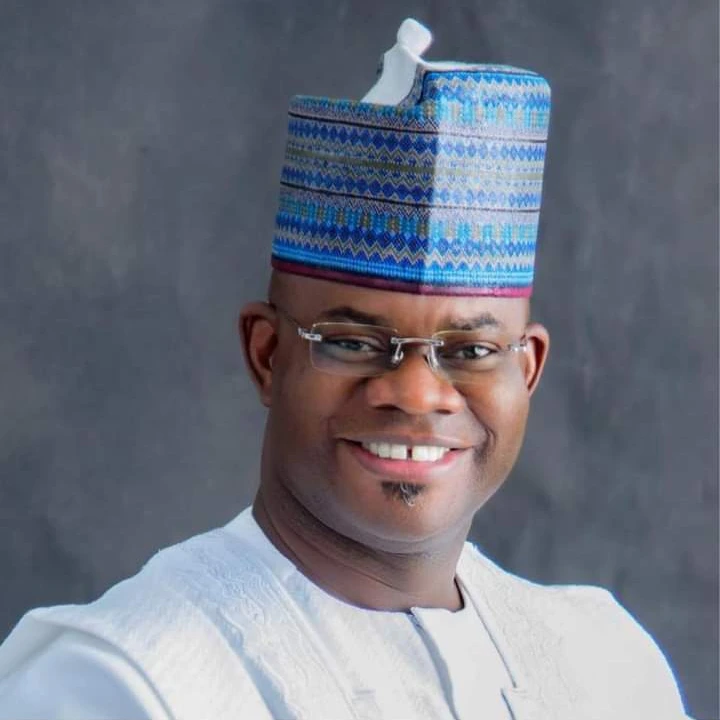

The Economic and Financial Crimes Commission (EFCC) says the American International School Abuja (AISA) has refunded the fees paid by the immediate past governor of Kogi state, Yahaya Bello, for his children attending the school.
In response to a letter addressed to the Lagos zonal commander of the EFCC, the school said $845,852 was paid in tuition “since the 7th of September 2021 to date”.
AISA said the sum to be refunded is $760,910 because it had deducted educational services already rendered.
“Please forward to us an official written request, with the authentic banking details of the EFCC, for the refund of the above-mentioned funds as previously indicated as part of your investigation into the alleged money laundering activities by the Bello family.
Since the 7th September 2021 to date, $845,852.84 (Eight Hundred and Forty-Five Thousand, Eight Hundred and Fifty Two US Dollars and eighty four cents) in tuition and other fees has been deposited into our Bank account.
We have calculated the net amount to be transferred and refunded to the State, after deducting the educational services rendered as $760,910.84. (Seven Hundred and Sixty Thousand, Nine Hundred and Ten US Dollars and Eighty Four cents).
No further additional fees are expected in respect of tuition as the students’ fees have now been settled until they graduate from ASIA.”
In a chat with The Cable, the spokesperson of the EFCC, Dele Oyewale, confirmed that the school has refunded the money.
‘’The money has been paid into public account,” Dele Oyewale was quoted as saying
-



 News4 days ago
News4 days agoFirst Man To Receive Pig Kidney Transplant Has Died
-



 Politics3 days ago
Politics3 days ago“Supporting Sim Fubara Was A Mistake” – Wike Announces
-



 Health4 days ago
Health4 days agoFP2030 Report Links Family Planning & Gender Equality
-



 Politics2 days ago
Politics2 days agoPresident Tinubu Bans Purchase Of Petrol-dependent Vehicles By FEC Members
-



 News3 days ago
News3 days agoMath Teacher Accused Of Having Sex With 2 Students And Getting Pregnant For One Tearfully Reveals The Baby Was Taken Away From Her
-



 Entertainment2 days ago
Entertainment2 days agoMen Of The Lagos State Police Command Have Arrested Singer Portable
-



 Entertainment11 hours ago
Entertainment11 hours agoWhy I’m Not Ready For Kids – Singer Burna Boy Reveals
-



 News10 hours ago
News10 hours agoThe Peruvian Government Has Officially Classified Transgender, Nonbinary And Intersex People As “Mentally ill”







